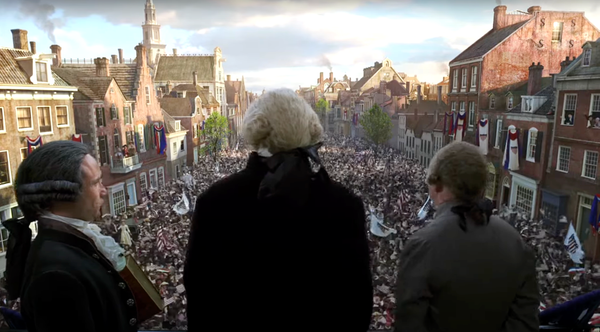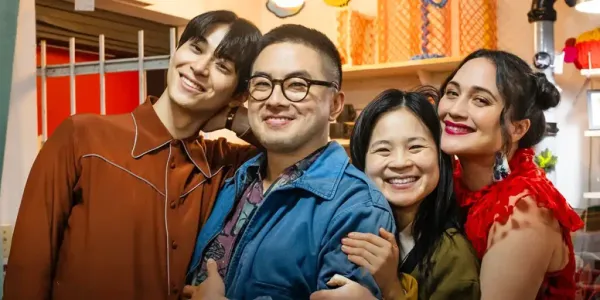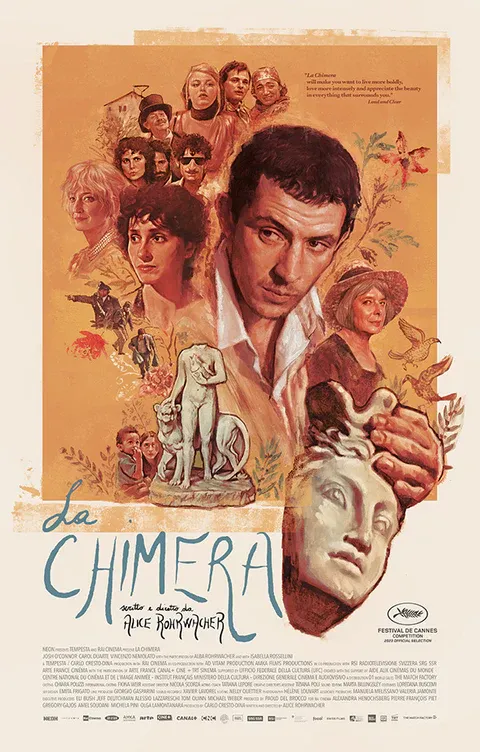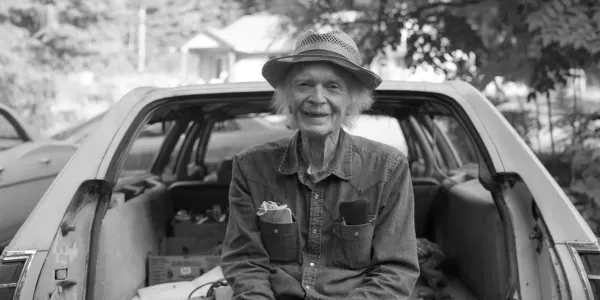Sundance Festival Report, Pt III
A quartet of documentaries and one oh-so-Sundance romcom
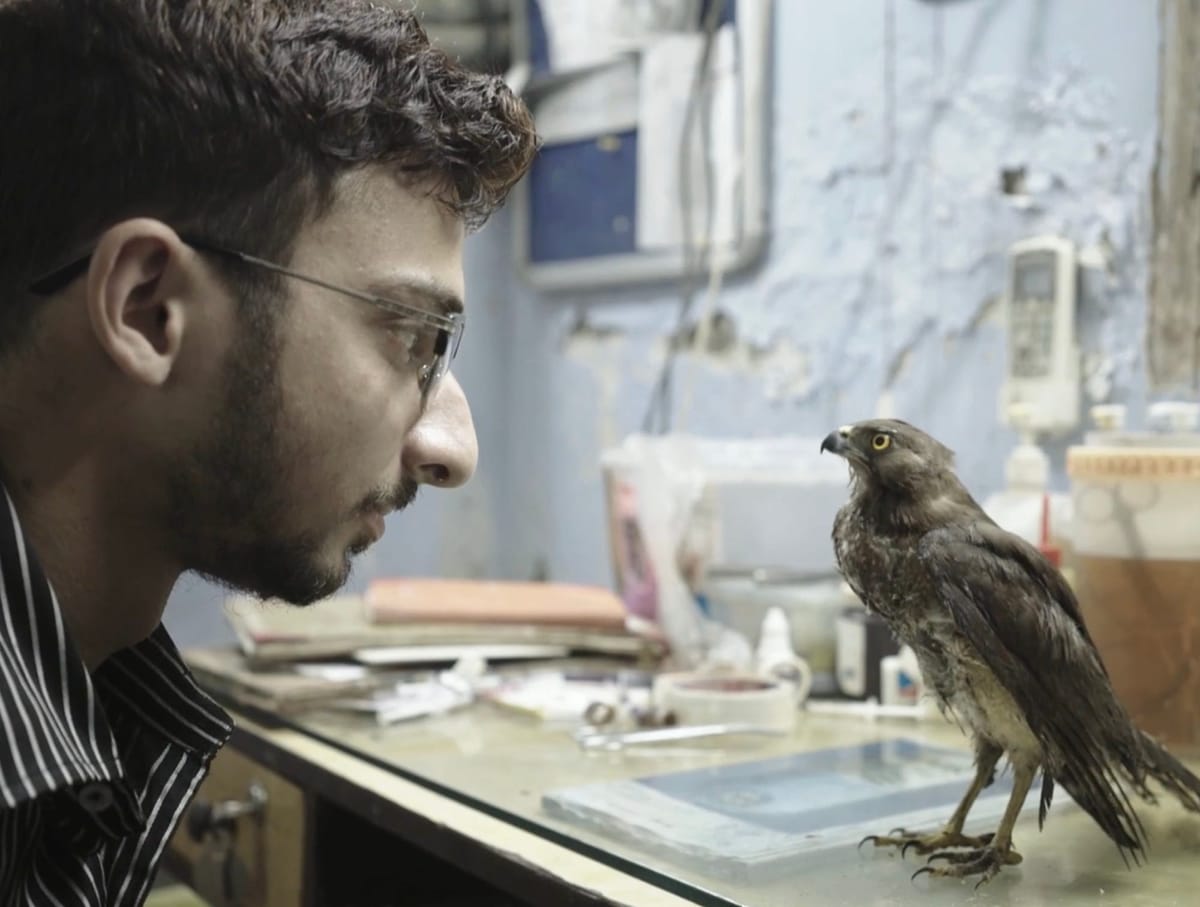
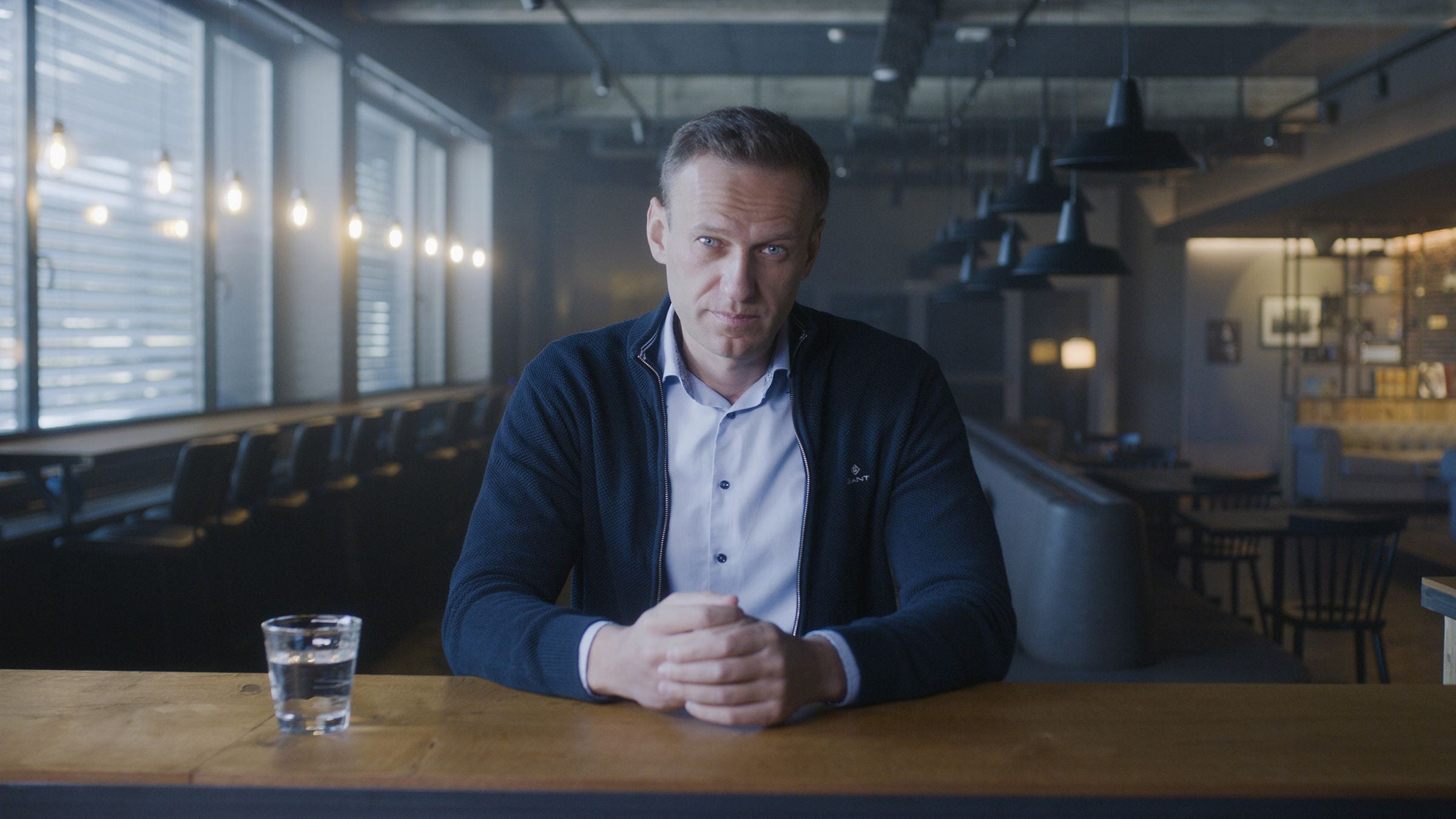
Okay, last Sundance column and then back to the regular show next week. The festival ends on Sunday, although feature-length screenings already seem to be done with. (You can continue to access short films and other material at the festival website.) The one film that is available through today is worth the $20 online ticket: Daniel Roher’s astonishing “Navalny,” about the Russian political activist Alexei Navalny, above. (You can also wait for the film to air on HBO Max and CNN+ later this year.) Navalny has been in Russian prison since January 2021, and Vladimir Putin’s government has just labelled him a terrorist, but Roher’s documentary picks the story up in the aftermath of the August 2020 poisoning that almost killed the opposition leader. The filmmaker interviews Christo Grozev, a Hungarian data analyst in Vienna who looked into the attack, and he puts us in the room with Grozev, Navalny, and Navalny’s team as they scour the Dark Web for information on the would-be assassins: flight manifests, passport photos, phone numbers — all there if you know where to look and are willing to pay.
Most remarkably, “Navalny” lets us sit next to the exiled activist as he prank calls the assassins, pretending to be a mid-level Kremlin insider filing a report on why the mission failed. Three of the men hang up on him. The fourth tells him pretty much everything he wants to know: Where they put the nerve agent Novichok (in Navalny’s underwear), how they removed his luggage from the plane to get rid of the evidence, and so on and so forth. It’s a jaw-dropping moment – the others in the room clap their hands to their heads in disbelief while Navalny grins and presses on – and if the confession doesn’t put a smoking pistol in Putin’s hands, it comes close enough. Throughout the documentary, Navalny comes across as a charismatic force of nature, thoughtful and funny and wholly unwilling to dwell on his possible demise. (As for that chatty assassin, it’s a pretty good bet that, as Clemenza said of Paulie, “you won’t see him no more.”) “Navalny” has the flow and tension of a thriller, and it has a central figure whose refusal to bend remains uncompromised even behind bars. When the documentary premiered at Sundance – as a surprise last-minute addition – Navalny took to Instagram to joke that he wished he could watch it but the prison doesn’t have an HBO Max subscription. More serious and to the point are his final words in Rorer’s film, directed to every Russian watching: “If they decided to kill me, it means we are incredibly strong. And we need to use this power.”
There are other fine documentaries at this year’s Sundance, if none quite as, uh, arresting as “Navalny.” “Three Minutes: A Lengthening,” from the Dutch historian and filmmaker Bianca Stigter, is a haunting meditation on a three-minute snippet of film, a home movie shot in the predominantly Jewish town of Nasielsk, Poland, in 1938, one year before the Nazis wiped it out. Stigter treats this artifact as a relic, a resurrection, and an entry point for endless inquiry, isolating faces and deciphering street signs, researching archives to find names and links to the living. The documentary obsessively returns over and over to the film strip itself, and while the people I watched the movie with ultimately found the repetition tedious, to me it served its purpose of burning the past into our memories while trying to will it back to life. (To be released later this year by Neon subsidiary Super Ltd.)

If there’s a movie about birds at Sundance, I’ll watch it, and “All That Breathes” is a bird movie that doubles as a troubled look at the environmental collapse and sectarian strife of modern India. Shaunak Sen’s film focuses on two brothers, Nadeem and Saud, who with their assistant Salik (above) have devoted their lives to caring for black kites, the graceful raptors that soar through the polluted skies of Delhi and, increasingly, fall out of them. The brothers’ “hospital” is the basement of their manufacturing business and they feed the kites – as many as 100 at a time – with donated raw meat, relying on philanthropy for medical supplies and applying for grants to fund a proper facility. Meanwhile, the anti-Muslim riots of February 2020 threaten the brothers more than the birds. In an inspired touch, Sen keeps returning to eye-level shots of the wildlife that wanders, surviving and unseen, through Delhi – boars and rats, frogs by the highway, a millipede in a basin, a spotted owlet peering out over a bank of mynas – and he reminds us that humans are just one small part of an ecosystem we seem hellbent on poisoning. (Seeking US distribution.)
On a lighter but more bizarre note, “My Old School” revisits a story that scandalized Scotland in the mid-1990s, about a 16-year-old high schooler named Brandon Lee who turned out to be… well, someone quite different. You can Google up the story easily enough, but the fun of the film is letting it unfold in the recounted memories of Lee’s now 40-something classmates, of whom director Jono McLeod was one. Paired in groups of twos and threes, they’re a lively gang who delight in relating how they got played – how they couldn’t see what was right there in front of them. As for Lee himself, he consented to audio interviews but refused to be filmed, so McLeod brings in actor Alan Cumming – who at one point in the 90s was slated to star in a fictional film based on this story – to lip-synch Lee’s words with uncanny skill. For the flashbacks, “My Old School” relies on animation that, appropriately, recalls the old MTV cartoon “Daria.” It’s a cheeky movie about a nervy bugger, but it’s also a slow reveal of a sad, delusional mind. (Represented for UK distribution and international sales by Dogwoof.)
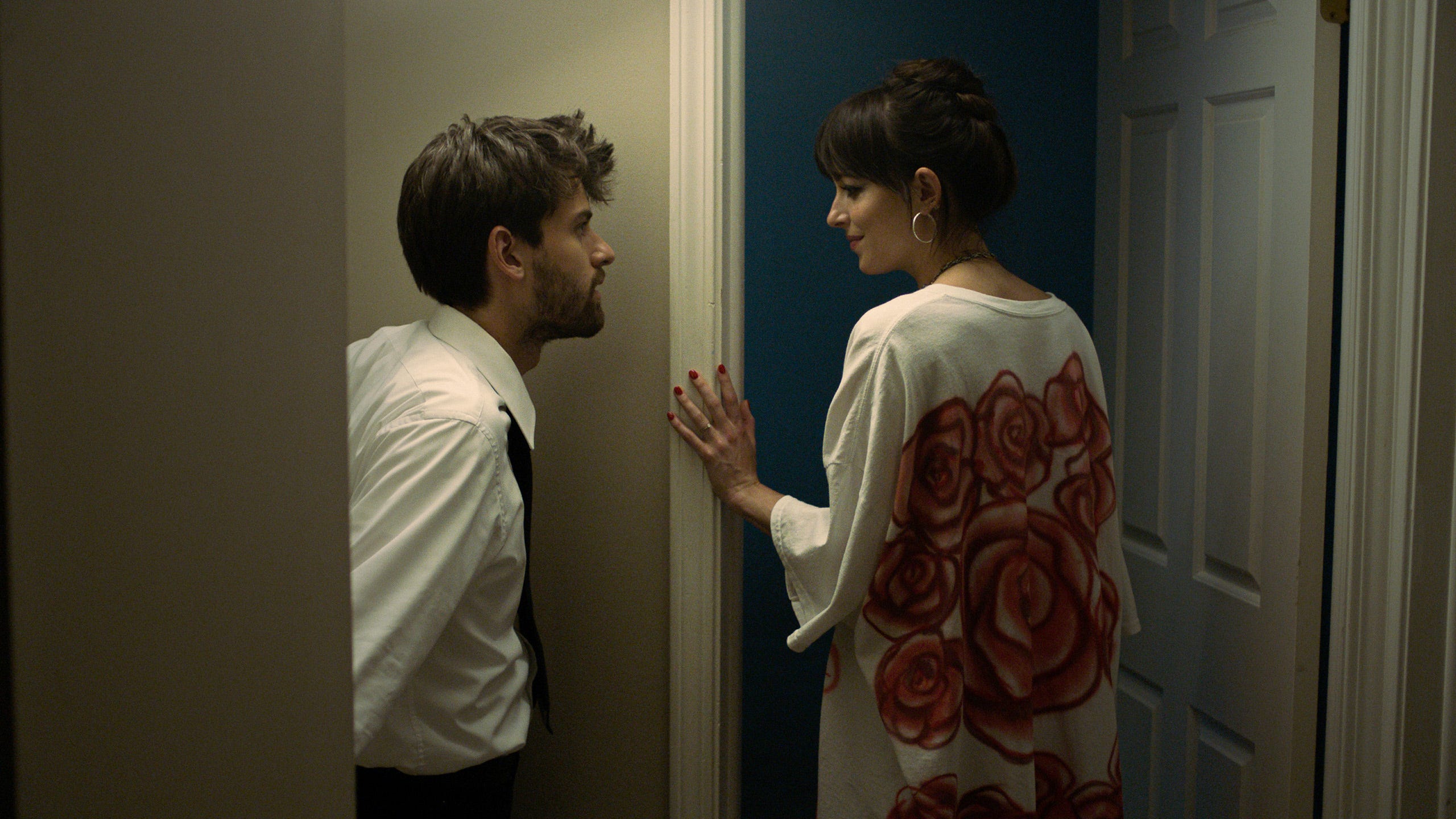
Finally, it wouldn’t be Sundance without at least one semi-ironic comedy-drama about a young man falling in love (and/or in bed) with an older woman while struggling to define himself as more than an amorphous post-collegiate blob. This is a narrative that goes back (at least) to Flaubert’s 1869 “Sentimental Education,” a novel that could with justification be called the first indie movie. It also has a great deal of “The Graduate” in its DNA, and it has served as the template of a zillion indie-festival films, good, bad, and cringeworthy. “Cha Cha Real Smooth” is this year’s edition, and it might be insufferable if not for the charm of its writer-director-star, Cooper Raiff, and his chemistry with co-star Dakota Johnson (both above). Raiff made a splash in 2020 with “Shithouse,” a SXSW prizewinner which, despite that title, was a sweet little romantic comedy. “Cha Cha Real Smooth” doubles down on Raiff’s crestfallen earnestness as a lead; as a writer he has an ear for snappy but believable dialogue, and as a director he’s skilled at creating moments of real intimacy, and not just the romantic kind. While the relationship between Raiff’s Andrew (out of college but still sharing a bedroom with his 13-year-old brother) and Johnson’s Domino (single mom with an autistic daughter) serves as the movie’s centerpiece, it’s the side interactions that give it heart, between the two brothers (Evan Assante is wonderful as the kid), between Andrew and his parents (Leslie Mann as his mother and Brad Garrett as his beleaguered stepfather), and between Domino and her daughter (played wisely and well by a neurodivergent actor named Vanessa Burghardt). It’s one of those movies that likes all its characters, and while sometimes that’s the kiss of death, in “Cha Cha Real Smooth,” it just feels like life. Besides, it’s hard to hate a movie where the hero works as a tummler at bar mitzvahs; the kitschy party themes alone are worth the price of admission. How long can Raiff keep the nice-guy auteur thing going? No idea, but it’ll be interesting to watch. (Bought at the festival by Apple for $15 million; look for it in theaters and on Apple TV+ later in the year.)
I’m finally winding down my Sundance 2020 experience after eight days and 23 films. Might cue up W. Kamau Bell’s four-hour documentary “We Need to Talk About Cosby” or just wait until it hits Showtime this Sunday. Or I might go to sleep. Hope you enjoyed this preview of the year’s coming attractions – my computer’s in the shop for a few days next week, so expect limited posting for a bit.
If you enjoyed this edition of Ty Burr’s Watch List, please feel free to share it with friends.
If you’re not a paying subscriber and would like to sign up for additional postings and to join the discussions, here’s how:
If you’re already a paying subscriber, I thank you for your generous support.


